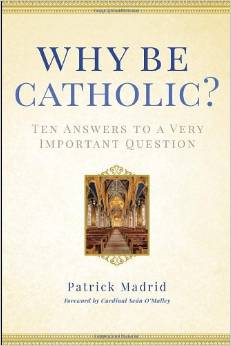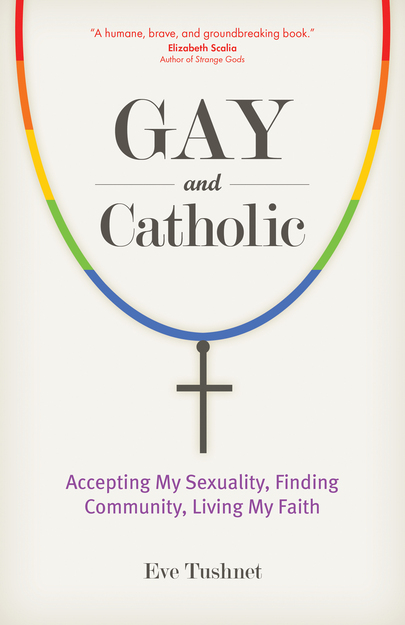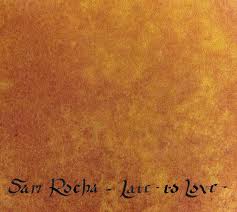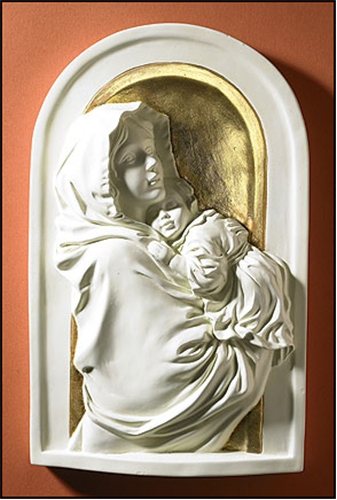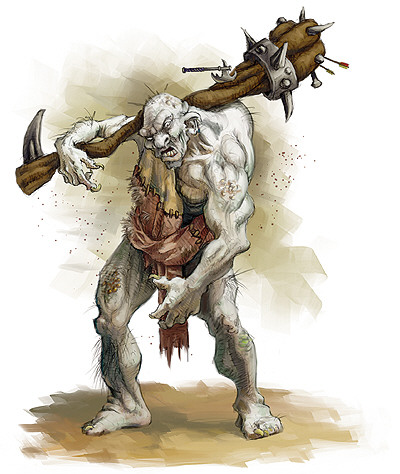I recently got an advance copy of Patrick Madrid’s book Why Be Catholic?, and was supposed to read and review it the day before or the day it came out.
It was released June 3, so I get to start this review by apologizing to Patrick for being so lame about getting it written. I’d prefer to blame it on the kids, or laziness even, or nothing in particular, but the truth is that I really wanted to write a good review of it, in an effort to make peace after last year’s Twitter Swear-gate. But I kept getting frustrated by the anecdotes and was like, “do I write an honest review, and seal my fate as a nemesis of probably the most impossible person in the Catholic blogosphere to be a nemesis of, or do I just forget the review, and add to my collection of ‘Most Unreliable Book Reviewer Ever’ trophies?”
Luckily, Patrick himself saved me from both terrible fates by saying this in the final pages:
…but you will take nothing with you into the next life except for these two things: your love and your sins. And it is on these two things alone that you will be judged.
(Why Be Catholic?, p 202)
So after I regained consciousness, I was like, “well, played, Mr. Madrid. (PS thanx for the attitude adjustment).”
My irritation with the anecdotes was entirely a matter of personal taste. I appreciate self-deprecating humor, admissions of weakness, and blatant hyperbole. I find myself annoyed with anecdotes in which the story-teller appears…well, not necessarily better than they are, but better than I am.
That’s pretty awful though, and prideful, and all-around jerky. It’s certainly not loving. And given that just a few pages earlier, Patrick reminded me that “all members of the Body of Christ are bound by the law of charity,” I feel like I should just go ahead and not break that law, and admit that while the anecdotes used to illustrate the points made in the various chapters were not my favorite thing in the book, the rest of the book was clear, well-written, and enjoyable.
In fact, I am extremely grateful for this book. It’s apologetics, but it seemed to me to be the clearest apologetics for the Catholic faith aimed at Protestants that I have read since Rome Sweet Home…and that book was all I needed to pick up the phone and dial RCIA.
The most impressive thing about the book is, to my mind, the language Patrick Madrid uses. He uses particularly Protestant language, particularly Protestant imagery, and constructs an clear, unassailable defense of Catholicism from the Bible. Yep, that’s right, folks. Patrick Madrid, in this book, uses the Bible to prove that Catholicism is true.
No kidding, that’s a feat. I mean, it’s not really a feat per se, since all of Catholic teaching is based on scripture, but it’s a feat to do it in such a clear, accessible, entertaining manner. The only drawback to this is that any book is limited by the audience it is written for; this wouldn’t be a good book to convert, say, your atheist aunt, nor would it make an appropriate Christmas gift for your cousin who is a Trappist monk. It is written not to deepen faith (although I found that it deepened mine), but to help build it.
As a fellow UD alum, my favorite thing about this book was the way he deftly wove in philosophical principles, without which things like the Holy Mystery of the Eucharist would be impossible to discuss or attempt to explain. It’s such a UD thing to do, because without philosophy it is impossible to have a mind free enough to think critically. I admit that I giggled when I read this passage toward the beginning:
The appearances of a thing are not the thing itself. For example, picture in your mind a red, rubber bouncy ball. The color red of the ball is not the ball itself, nor is the texture, the bounciness, or even its round shape. Each of these distinguishing characteristics, indeed any distinguishing characteristic that our senses can detect, is an “accident,” or a property, of that red, rubber, bouncy ball, but none of them is the ball itself. This is a powerful Truth!
(Why Be Catholic?, p 60)
I giggled because I could practically see Fr. Lehrberger saying these words, bouncing the ball, walking around and showing it to us, with a pack of Pall Malls sticking out of the pocket of his Cistercian habit. Fr. Lehrberger also used to say that the duty of a Catholic university isn’t to convert anyone, but to give truth a level playing field. UD did that, and many of us converted because we saw Truth. Patrick Madrid’s book does much the same thing. When it comes to apologetics, there’s no greater success than that.
Click here to buy a copy of Why Be Catholic? on Amazon

